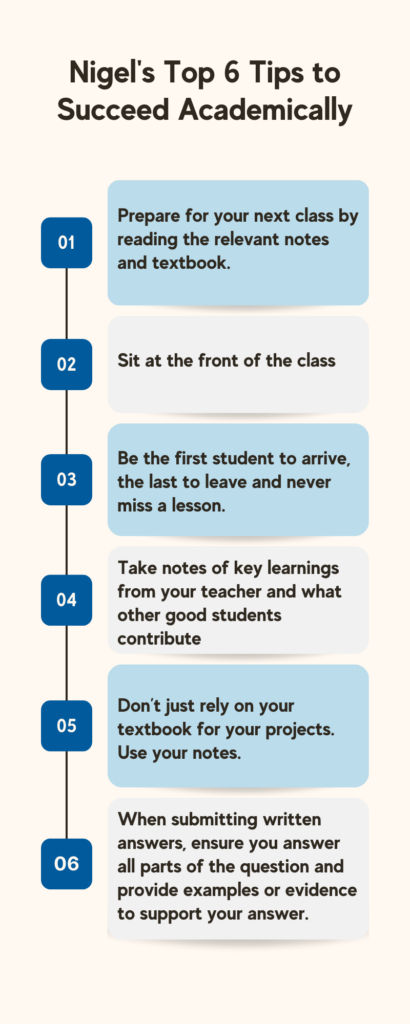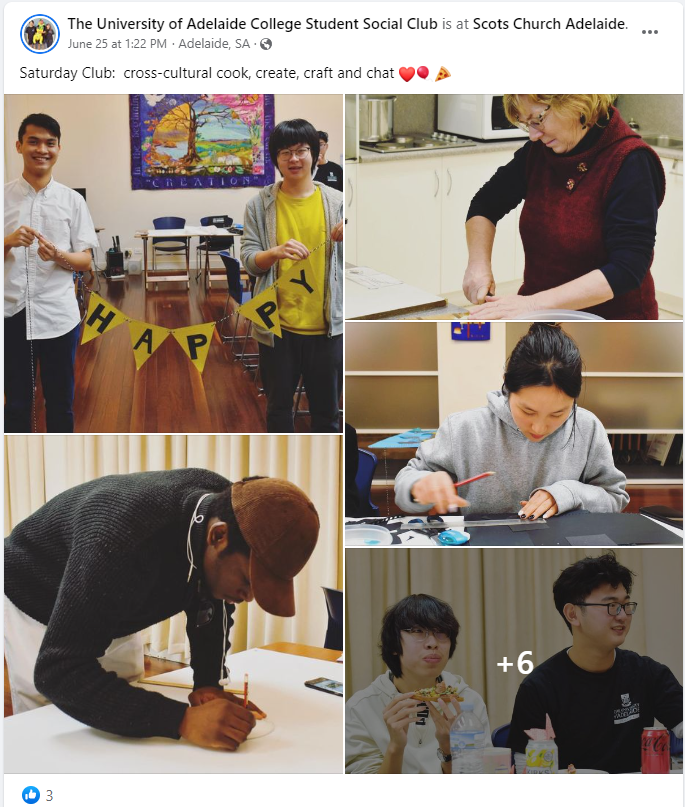
Studying in university will be different from studying in high school. You go from managed learning to learning independently, from a set schedule to a flexible timetable, and if you’re moving out of home, you will need to take care of yourself while managing your finances and balancing study and work.
You will need to adjust to several things within a new learning environment to achieve good marks. Academic success at university is not just about achieving good grades, it is also about developing and preparing you for your future career while maintaining mental and emotional wellbeing.
Here are our top tips on how to succeed academically in university.
1. Always ask for help
At university, you will be learning in classes where there could be hundreds of students and lecturers will not have the time to give individual support to each student (this is different in pathways where there are smaller class sizes). Although you are learning more independently, this does not mean you are learning without support.
At university, there are a range of services to help you improve your academic performance as well as provide support for any personal challenges you may have. For example, at our College, you can set up an appointment with our student services team for academic guidance as well as advice on finding work, settling into Australia or coping with stress.
You can find centres on campus to help you improve your English skills, teach you how to research and reference sources for your assignments and help you with maths and writing. You can get help from your friends, form a study group, join online forums and attend relevant workshops on campus.

2. Attend and engage in class
You may be tempted to skip classes because you’re too tired or prefer just to view the online recording later (if available). This is not recommended. You will learn more when you are actively engaging in class with others instead of learning at home by yourself.
Being present in class shows the lecturer that you are committed to learning. You get to interact and communicate with your lecturer and classmates, participate in group discussions and develop essential soft skills such as teamwork and collaboration that future employers look for in candidates.
In class, you will also have opportunities to get advice from your lecturer and clarify any confusing concepts. Your lecturer could also be a person who you may ask to be a reference for a work opportunity, so they need to see that you are a committed student.
Nigel S. Coombe, Economics Lecturer at our College, has been a teacher for 50 years. He gives his top tips on how his students have achieved good results in his class.

3. Manage your time well
Time management is a skill that will be useful for your entire personal and work life and university is a place for you to develop this skill.
At any time, you could have several assignments to complete and have to study for your final exams. It is essential to plan ahead and create a study calendar (or use an app) or write a to-do list to ensure you give yourself enough time to complete all your projects as well as study for your exams. Knowing when everything is due will help you allocate enough time to complete them without feeling rushed or stressed.
You could give yourself earlier due dates for each assignment, schedule 1-2 hours for a team project per week or a day to complete practice questions for an exam. Remember to also allocate time for your personal responsibilities and rest.
4. Try new things
University is a place to learn new things and learn more about yourself such as your strengths and learning styles. Try to step outside of your comfort zone in order to learn new skills and perspectives that will be useful in your work or personal life and overcome your weaknesses. You could volunteer at a local charity, go to a local event or join a sports team.
5. Socialise
Making new friends is an important part of your university life and will help you develop your relationship-building skills. You are coming into an environment with people who are going through the same experiences and challenges as you. They will be the ones you can talk to and get support from. They will help make stressful periods more manageable. Try not to isolate yourself at home but get to know people around you.
You can go to campus events or join student clubs or associations to make friends with like-minded people.

6. Sleep, eat healthy food and exercise
You will not be able to concentrate on your assignments or perform your best at exams if you are tired. Sleep is very important for your mental and emotional wellbeing. Try to get at least 8 hours of sleep a night. If you have too many commitments, you will need to prioritise a few and put the others aside for a short time so that you can rest.
Equally important is to eat healthily. It is too easy to reach for snacks or energy drinks during those busy periods. They may give you a little energy in the short term but do not help with your physical health. It is the healthy food that will give you the energy you need each day for studying. Try to cook food at home instead of dining out on fast food.
Exercising at least 2-3 times a week is great for your mental and physical health too. You could walk around the campus, get involved in a team sport or go to the campus gym.
Remember, academic success is not just about achieving good marks. It is about personal, social and professional development while maintaining your mental and physical health. Employers are looking for people who not only can do the job but add value to the company by contributing new ideas, working well under pressure and being a team player.
At the University of Adelaide College, we want to make sure you have the right support to make the most of your study experience with us. Our student services team are here offer any academic guidance you may need.

